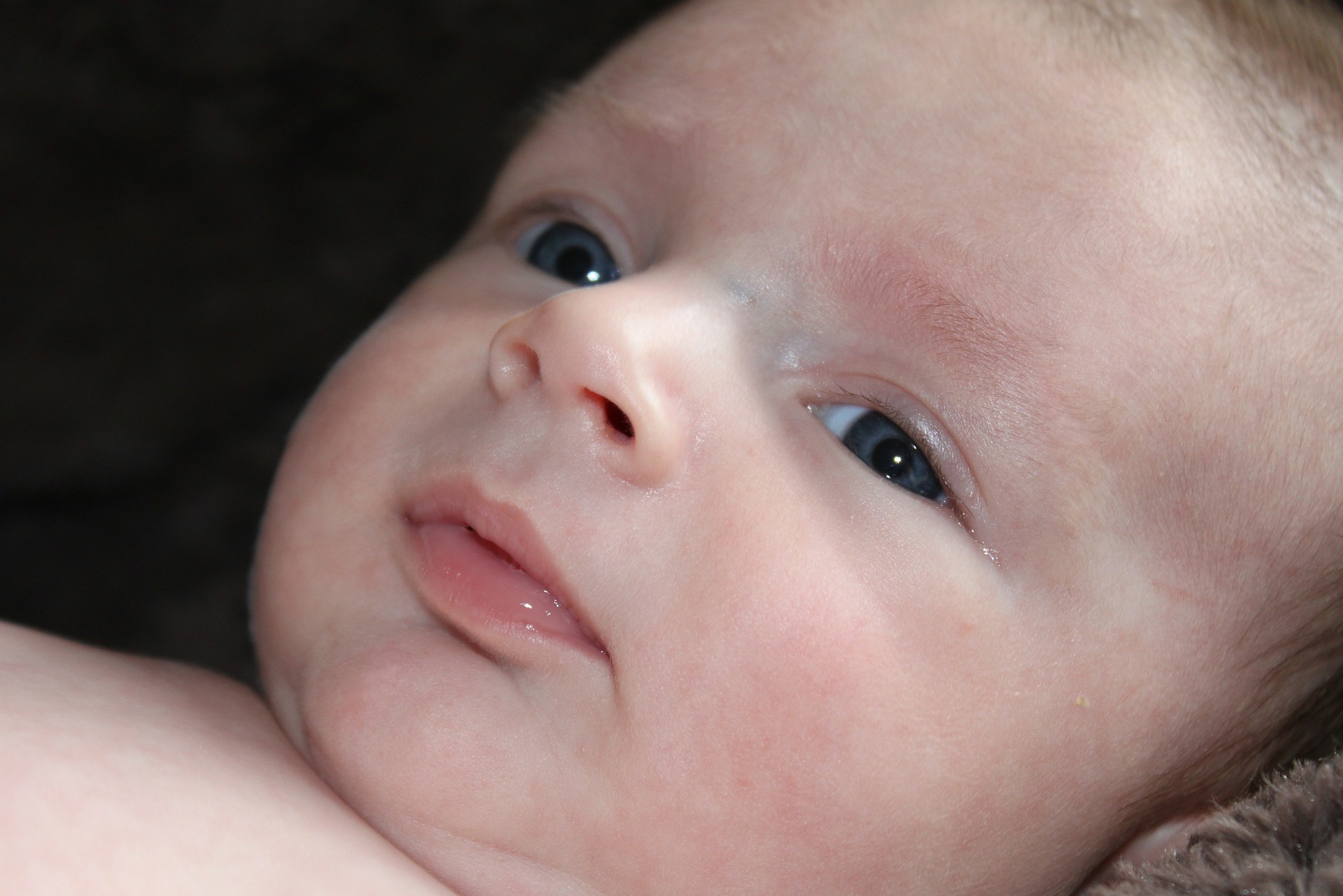Children who have heart surgery as infants are at risk for hearing loss, coupled with associated risks for language, attention and cognitive problems, by age four. In a single-center group of 348 preschoolers who survived cardiac surgery, researchers found hearing loss in about 21 percent, a rate 20 times higher than is found in the general population.
The researchers recommend that children who undergo heart surgery have their hearing evaluated by age 24 to 30 months, to increase their chances of receiving timely medical intervention. The study appeared in the January 2017 issue of the Journal of Pediatrics.
“Children born with life-threatening heart defects require a great deal of sophisticated care before and after surgery,” says study leader Nancy B. Burnham, RN, MSN, CRNP, a nurse-practitioner in the Division of Cardiothoracic Surgery at Children’s Hospital of Philadelphia (CHOP). “This study reminds healthcare providers not to overlook hearing evaluations, because early detection and intervention can reduce later problems in neurodevelopment.”
The researchers performed their analysis as part of a prospective observational study of neurodevelopmental outcomes in preschool-aged children who underwent infant surgery at CHOP for congenital heart defects. The study cohort was 348 children who had a comprehensive neurodevelopmental evaluation at age four between 2003 and 2008.
As surgical techniques have notably improved survival for infants with complex heart defects, pediatric cardiologists have turned their attention to long-term quality of life. Survivors are known to have an increased risk of neurodevelopmental conditions, including learning disabilities. This is the first study to focus on hearing loss and its impact on neurodevelopment in this population.

The study team found hearing loss in 21.6 percent of the cohort (75 of the 348 children). Potential risk factors associated with hearing loss were gestational age younger than 37 weeks, a confirmed genetic anomaly and longer postoperative length of stay. There was no association with modifiable surgical management factors. Children with hearing loss had lower scores on measures of language skills, cognition (IQ testing), and executive function and attention.
The authors mention possible contributors to hearing loss in their patients, such as high-frequency noises in intensive care units and exposure to medications with side effects that damage hearing, although the study did not directly examine either potential risk factor.
The researchers did not know how many of the children had hearing loss before surgery. Another study limitation is that over half of the 75 children with hearing loss had conductive hearing loss, which may be temporary when caused by conditions such as middle ear infections.
The prevalence rate of 21.6 percent found in this study compares to an estimated prevalence of 1 percent in all preschool age children. Study co-author Carol Knightly, AuD, CCC-A, Senior Director of the Center for Childhood Communication at CHOP, adds that ideally, all newborns should be screened for hearing loss by one month of age, with diagnosis by three months, and intervention services begun by age six months, according to national guidelines issued by the Joint Committee on Infant Hearing. Such newborn screening for hearing loss is already the standard of care at CHOP. In addition to universal newborn screening, the authors recommend that any child who undergoes cardiac surgery by six months of age should have at least one audiologic evaluation by 24 to 30 months of age, to identify hearing loss in timely manner.
Future research, adds Burnham, should include larger, multi-center groups of pediatric heart patients, to validate the current findings and investigate ways to modify treatment factors that may contribute to hearing loss.




